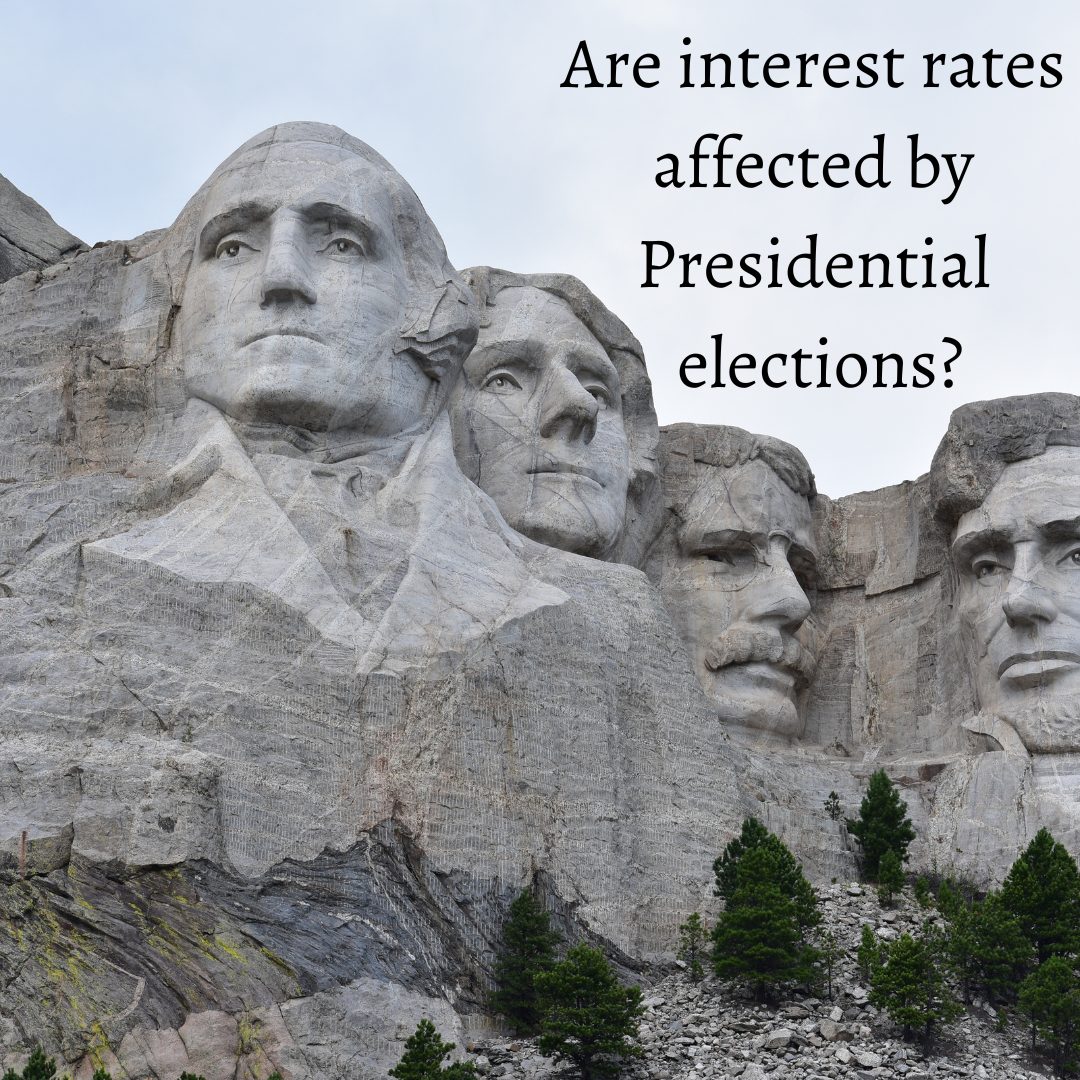Historically, there is some evidence to suggest that interest rates can be influenced by the political cycle, including approaching elections. Central banks, such as the Federal Reserve in the U.S., often consider economic conditions and financial stability when making decisions about interest rates. In the lead-up to elections, particularly presidential elections, there may be pressure to lower interest rates in order to stimulate the economy and create a favorable economic environment, which can influence voter sentiment.
Some historical trends indicate that:
1. **Political Pressures**: Incumbent politicians may advocate for lower interest rates to boost economic growth and, consequently, their chances of reelection.
2. **Market Expectations**: Investors and financial markets often anticipate that central banks will adopt a more accommodative monetary policy when elections approach, leading to lower long-term interest rates.
3. **Economic Conditions**: Interest rates can also be impacted by the economic context leading up to elections. If economic indicators are weak, central banks may be more inclined to lower rates ahead of an election.
However, it is essential to note that interest rate decisions are primarily based on macroeconomic factors like inflation, employment, and GDP growth, rather than purely political considerations. While there may be patterns observed over time, the relationship is not absolute or guaranteed.
Overall, while interest rates can drop before elections, this is not always the case, and many factors can influence the decision-making processes of central banks



 Facebook
Facebook
 X
X
 Pinterest
Pinterest
 Copy Link
Copy Link


